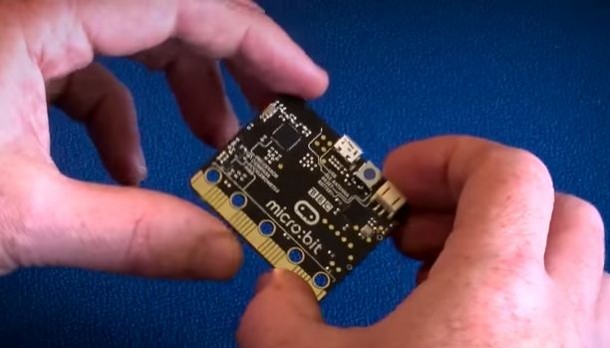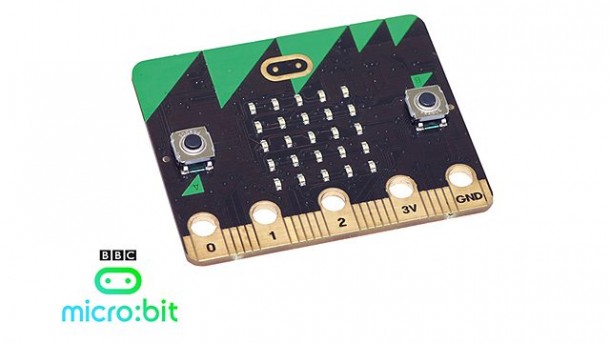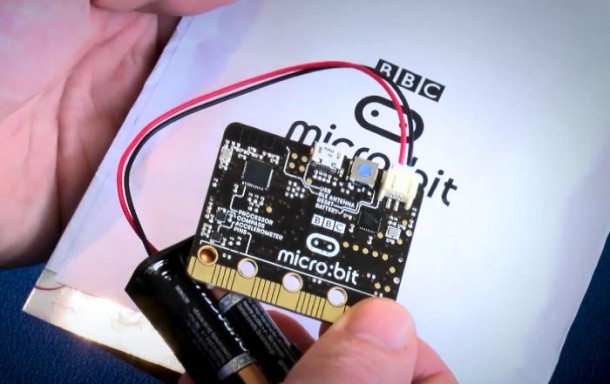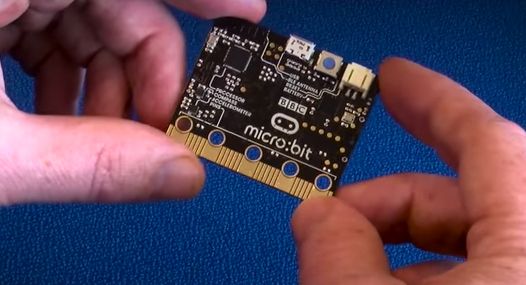BBC has unveiled the final design for the micro:bit computer this week. The computer is about the size of a pint and looks similar to a Raspberry Pi. It will be given out to about one million school going children in UK in October, 2015. This will allow these children to learn how to code at an early age.
Sinead Rocks, Head of BBC Learning said, “We happily give children paint brushes when they’re young, with no experience – it should be exactly the same with technology. It’s our most ambitious education initiative for 30 years. And as the micro:bit is able to connect to everything from mobile phones to plant pots and Raspberry Pis, this could be for the internet-of-things what the BBC Micro was to the British gaming industry.”


The tiny computer comes with an array of 25 programmable red LED lights with a 5×5 assembly pattern, two buttons and a motion sensor that has been built into the computer itself. It relies on an add-on power pack so that it can work without a power outlet. It also sports a built-in compass (magnetometer) so that it can ascertain in which direction it is facing and features five input and output rings that allow you to connect it to various other devices via cables. It also comes with Bluetooth connectivity thus allowing it to connect to other devices wirelessly.
Children will be able to learn basic coding for the device via micro:bit website where they will also be able to virtually test the creation before transferring it onto their micro:bit board. As per plans, it will be given to children age 11 and 12 enrolled in Year 7 in school in UK this October and afterwards will go on sale in UK and worldwide.


